Rural and Urban transformation
Now more than half of the global population lives in cities which are therefore hosting more poor.
Urban households essentially depend on food purchases and the volatility of food prices makes it difficult for poor urban households and particularly those headed by women to adjust. Climate change undermines current efforts to reduce hunger and the frequency of natural disasters escalates. Growing urban populations increase vulnerability and the risk of humanitarian crises. All countries, high as well as low- and middle-income countries, are experiencing all forms of malnutrition which are rooted in poverty and inequality: a dietary transition from local diets to increased consumption of processed foods high in fat, sugar and salt and low in fiber combined with more sedentary lifestyles and little space for physical activity creates the “perfect storm” for noncommunicable diseases like heart disease, diabetes and certain forms of cancer. Vulnerable households require social protection, adult education including nutrition education and legal protection to realize and protect optimal nutrition. As cities expand, so does the length of the rural-urban food supply chain which increases food losses and negatively affects safety and quality of the food products.
A wide variety of local innovative initiatives is taking place, both in LMIC as in wealthy nations. But cities need to be empowered to do more, better and now.
Latest content relevant to Rural and Urban transformation
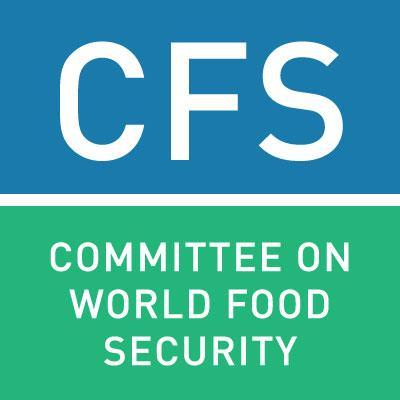
Promoting youth and women engagement and employment in food systems across the rural-urban continuum
04/02/2019 - 04 Feb 2019, 09:30 - 17:00 (CET)FAO HQ, Green RoomRome, Italy Over the next 15 years, it is estimated that about 1.6 billion people will reach working age in low and middle-income [...]

When the City Does the Feeding: The Role of Local Governance in Urban Food Security
11/12/2018 - Tuesday, December 11, 2018, 3:30 - 5:00 pm EST hosted by the Center For Strategic & International Studies For 25 years, the Brazilian city of Belo Horizonte has been an unsung hero in the [...]

UNSCN News 43: Advancing equity, equality and non-discrimination in food systems: Pathways to reform
01/09/2018 - Inherent barriers exist in food systems that prevent people from overcoming persistent and intergenerational malnutrition and poverty. To overcome these barriers and ensure that no one is left behind, [...]

2017 Global food policy report
27/03/2017 - IFPRI’s flagship report reviews the major food policy issues, developments, and decisions of 2016, and highlights challenges and opportunities for 2017 at the global and regional [...]
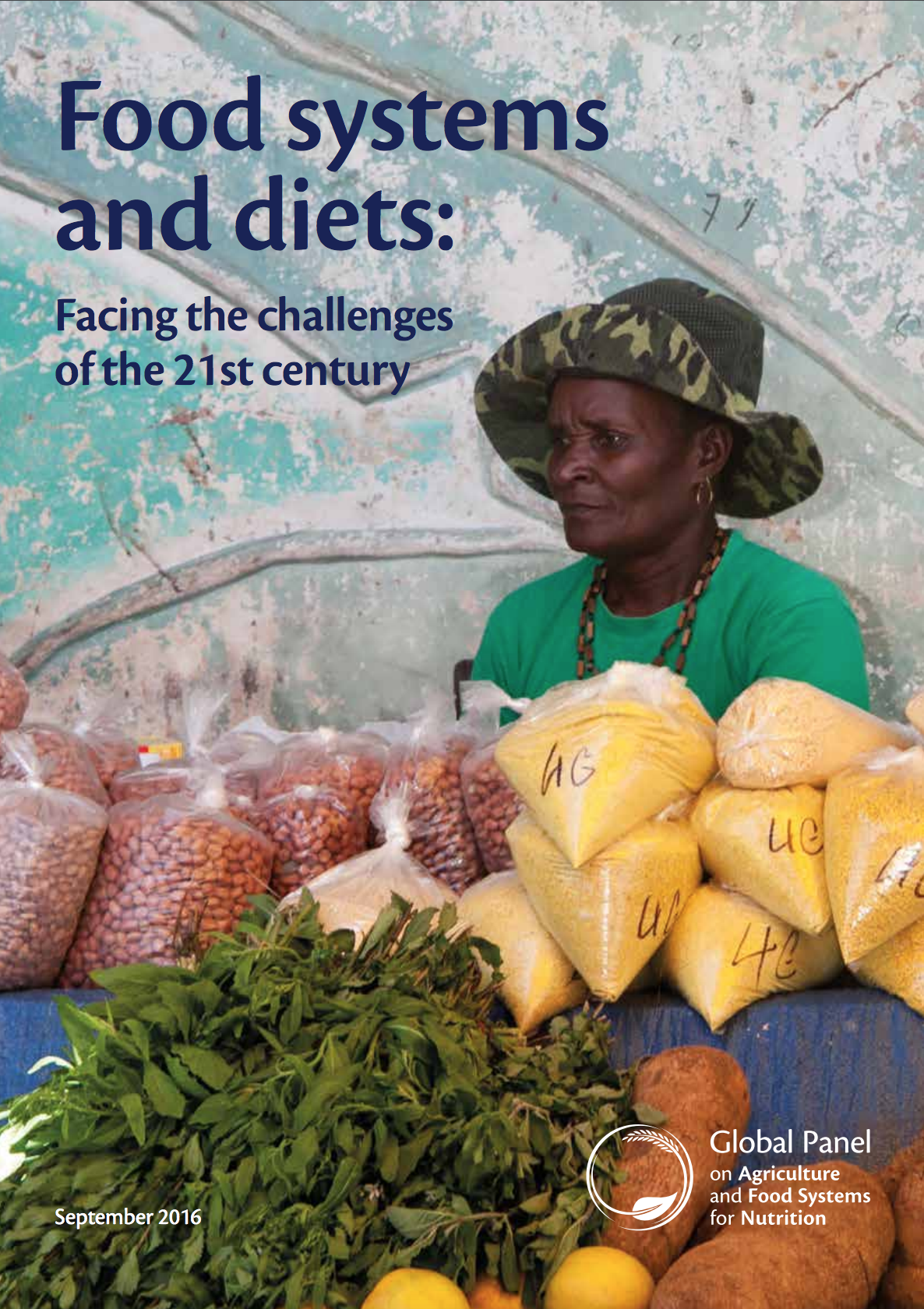
Food Systems and diets: Facing the challenge of the 21st century
30/09/2016 - Food systems and diets: Facing the challenges of the 21st century, published by the Global Panel on Agriculture and Food Systems for Nutrition, uses modelling and trend analysis to describe how diets [...]
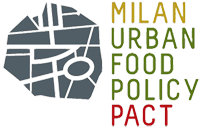
Milan Urban Food Policy Pact
01/10/2015 - Cities host over half the world’s population and have a strategic role to play in developing sustainable food systems and promoting healthy diets. While every city is different, they are all [...]
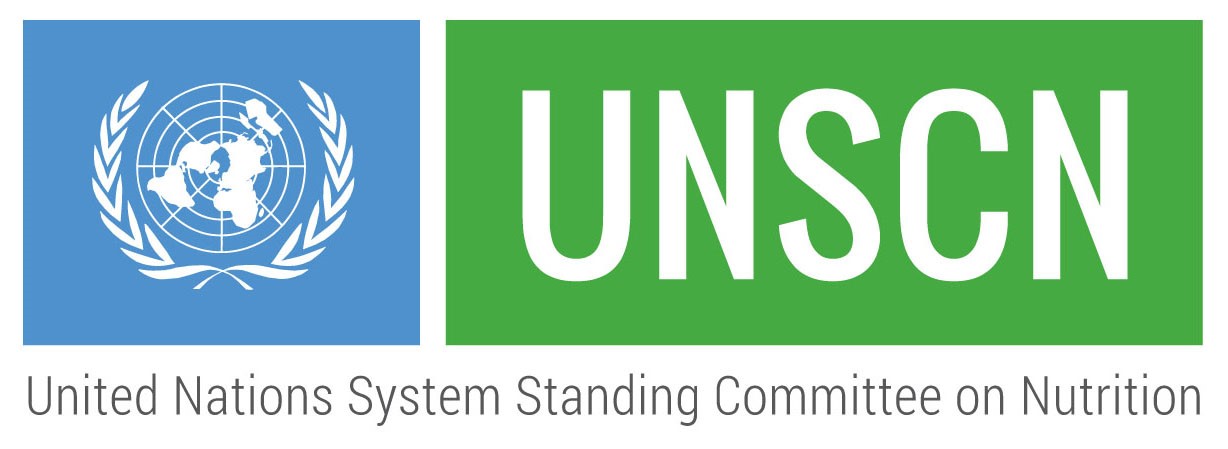
Nutrition security of urban populations: A call for attention and joint action by UNSCN
01/12/2012 - In the 2012 UNSCN Statement Nutrition Security of Urban Populations, UNSCN calls for increased attention, awareness and research on urban nutrition as well as for an effective engagement and [...]

Scaling Up in Agriculture, Rural Development and Nutrition
20/07/2012 - As governments, donors, and other key actors deepen their commitments to improve food security and reduce poverty, they are increasingly focusing on how successful development interventions can be [...]
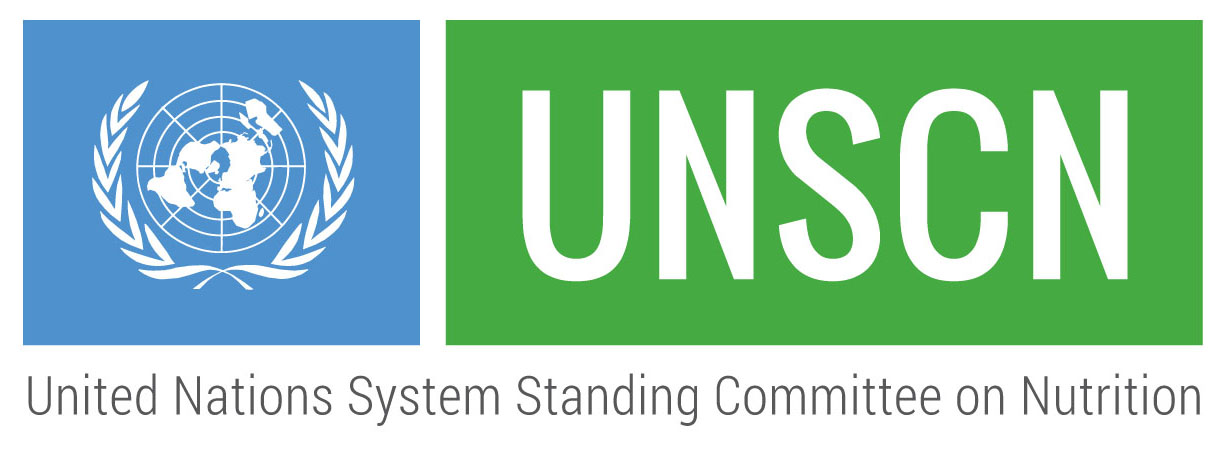
SCN Networking Event - Nutrition in urban areas
25/03/2010 - SCN Networking Event in Rio de Janeiro on 25 March 2010 The impact of the food and financial crisis on nutrition in urban areas presented by Florence Egal - Presentation The challenge of the double [...]

The double burden of malnutrition - A challenge for cities worldwide
01/06/2006 - Third World Urban Forum – Vancouver 19-23 June 2006SCN Statement [...]





